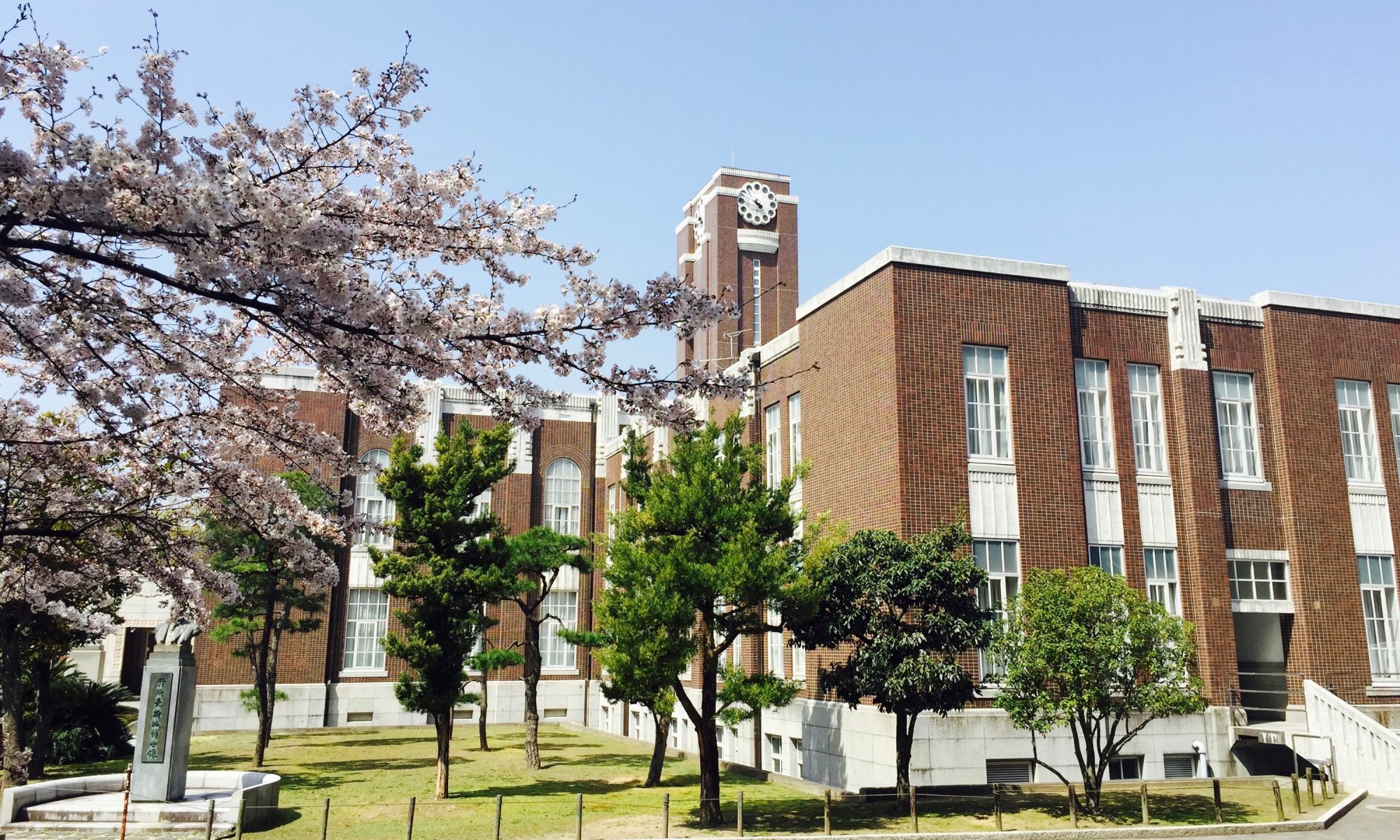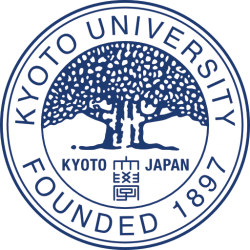In this seminar, students will be introduced to major debates in queer film theory and criticism while exploring critical concepts in fields such as feminist and queer aesthetics and politics, realism, autobiography, cinematic modernism, and New Queer Cinema.
We will engage several key genres and modes (documentary,
avant-garde, experimental and narrative films) in order to focus on the very central questions that have informed and shaped queer approaches to film texts. This seminar aims to examine the different ways in which queer as well as feminist theoretical and critical discourses address the intersections of gender, sexuality, and race through concrete analysis of these films. The course consists of film screenings, lectures,
and discussions based on the assigned readings.
Course Information
Module: Research and Advanced Studies
CATS Requirements: MA 1st year or above.
Day/Period: Fri/4-5 from Oct to Dec
Location: Sem. 7
Credits: 2
Course Goals
Through this seminar, students will be able to:
・Understand the developments of feminist and queer film theory and criticism while learning key concepts and debates.
・Develop the skills to analyze the film forms, aesthetics, and thematic concerns and the ways in which the issues of gender, sexuality, and race/ethnicity are expressed through them.
・Construct compelling arguments on the social and political implications of film texts.
・Situate the visual and cultural texts amid wider social and historical contexts.
・Cultivate the analytical abilities to apply feminist and queer critical perspectives to contemporary visual culture.
Course Schedule and Evaluation
For a detailed course schedule, please visit KULASIS.
Regular attendance and active participation (20 %)
Please come to class ready to actively participate, having completed all readings and assignments in advance.
Discussion Facilitation (10%)
Each student will facilitate and lead seminar discussion, either alone or with another student, depending on the seminar size. Please include a summary and the main arguments from the assigned readings as well as biographical information of the author. Formulate some questions from the readings (and screenings) to generate discussion.


